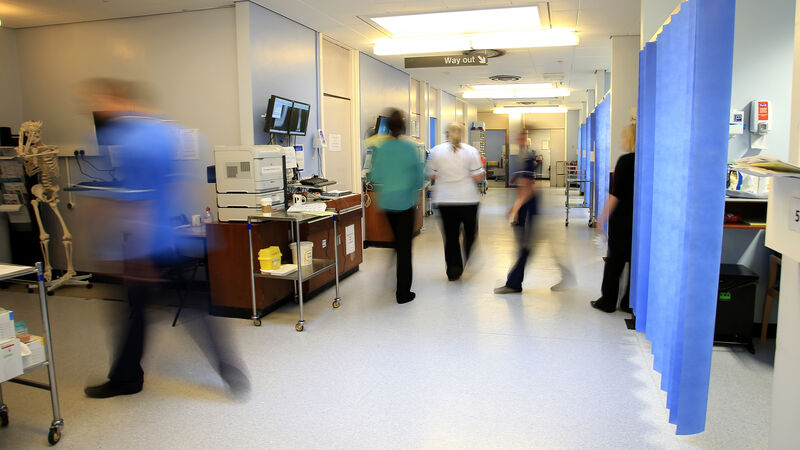Irish Examiner view: Make pay rates match heroism of frontline workers

Doctors, nurses, and all medical staff have been placed on the frontline of a health crisis unparalleled in living memory.
As accelerating pandemic figures challenge our composure and health systems we may not immediately appreciate the reservoirs of great strength and resilience that will guide us through this crisis.
Those characteristics speak loudest through our care workers and those workers long-regarded as peripheral but, as the pandemic has underlined, are now seen as essential.













